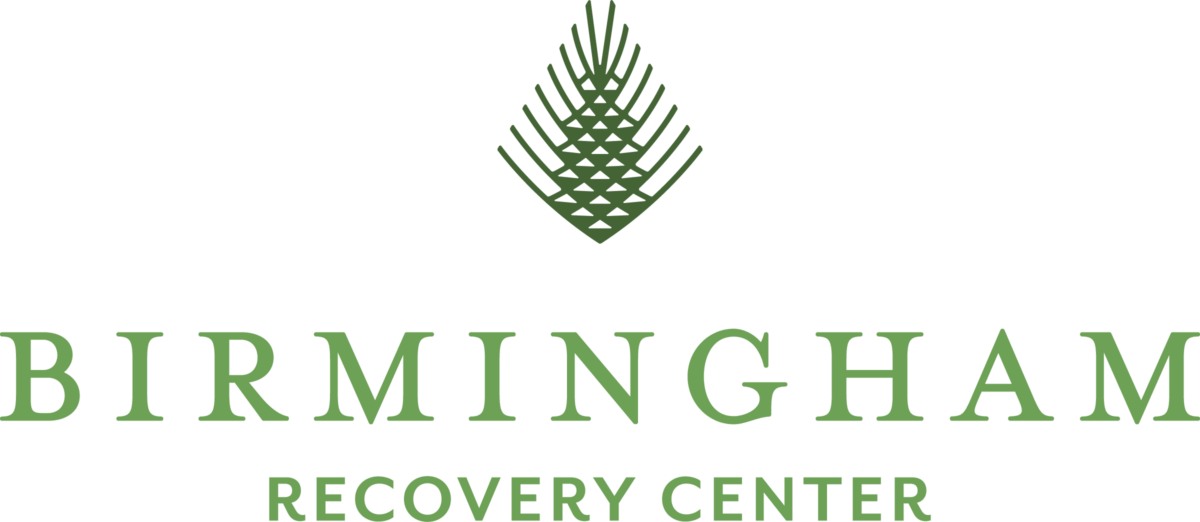As the days get cooler and shorter, it can become more challenging to manage depressive symptoms. For people with pre-existing addictions, this time of year can be more difficult than anything. Being affected by a dual diagnosis may make recovery seem impossible. However, with the care of the professionals at Birmingham Recovery Center, you are in great hands.
Here are a few tips to deal with depression during the colder months.
Is Seasonal Depression Real?
Major depressive disorder with a seasonal pattern or seasonal affective disorder (SAD) is most commonly known as seasonal depression. Yes. It is a real thing that affects people all over the world. Most people who experience this disorder are more widely affected during the winter months.
Seasonal affective disorder is a type of depression that is related to changes in seasons. Unfortunately, people with addictions are not excluded from the effects of this disorder. If you or someone you know has a dual diagnosis of SAD and addiction, it is recommended to get help as soon as possible.
Fortunately, both of these conditions are treatable. However, if left untreated, the person struggling can be left on a recurring cycle of relapsing and falling further into depression.
Seasonal affective disorder is much more severe than a simple case of feeling sad. During months, when things begin to slow down and get darker, those affected can experience changes in their energy levels, mood, and other aspects of their lives.
Symptoms of SAD
Seasonal affective disorder is a type of depression that tends to worsen as the season progresses. The symptoms of this condition are similar to those of major depressive disorder and can be incredibly dangerous when paired with a substance use disorder. Here are some common symptoms of SAD to be aware of.
- Loss of interest in activities previously enjoyed
- Suicidal thoughts
- Slowed movements
- Weight gain
- Fatigue
Although the causes of SAD are not well understood, there is a clear connection between substance use disorders and seasonal affective disorder. A person can receive a dual diagnosis when they find relief in using a substance to ease the symptoms of SAD. This can become a dangerous cycle and makes it more challenging to get better.
What Can You Do to Combat SAD?
To be treated effectively, both disorders must be addressed concurrently. The symptoms of seasonal affective disorder can trigger a relapse. While it is vital to get treatment for both of these disorders, it is also essential to be proactive in trying to combat seasonal depression.
Here are a few ways to deal with the symptoms of seasonal depression and substance use disorder dual diagnosis as the months go by.
Find Support Groups in Your Area
One of the most helpful parts of recovery is having support. Depressive thoughts thrive in isolation. Therefore, it is essential to be surrounded by people who understand your situation and help you feel connected. Some support groups may be specific to your location. However, more popular groups like Alcoholics Anonymous (AA) and Narcotics Anonymous (NA) can be found all over the globe.
Finding support in your close family and friends may be challenging. Instead of getting no help at all, it may be helpful to seek assistance elsewhere.
Write in a Journal
For those who are not comfortable sharing their thoughts and emotions with others, they might find it helpful to keep a journal. Reading and journaling have proven to have several benefits on the road to recovery. Being able to take the negative thoughts out of your head and put them on paper without fear of judgment can be helpful in managing depressive thoughts.
Instead of turning to a substance to alleviate the symptoms of seasonal depression, you may find journaling to be a more healthy outlet. Some people might not have an easy time coming up with the words to describe their feelings. These people can still find use in journaling. Instead of words, they might find it more helpful to use images or paintings to display their emotions.
Try New Outdoor Activities
No matter if it is sunny or cold outside, getting outside to try new activities can significantly boost your mental health. Taking the time to enjoy and become a part of nature is a great way to deal with the symptoms of seasonal depression. There are a ton of activities that can be done during the colder months that do not require much effort. Understandably, depression makes it challenging to be interested in activities. However, moving your body and finding new interests can be beneficial in combating the symptoms of the condition.
One of the most suggested activities is walking. Whether it is a walk around your neighborhood or taking a hike with some close friends, walking can immediately improve your mood. Some other winter activities include sledding, ice skating, or snowboarding if you live in a colder climate.
Maintain a Healthy and Balanced Diet
Fueling your body with healthy foods can be helpful in fighting some symptoms of seasonal depression. Although it may be easier to eat whatever is close, being healthy and hydrating is a great way to stay on track in your recovery journey. It may be challenging to stay hydrated and healthy. However, being healthy can help with some key symptoms of seasonal affective disorder, such as fatigue and slowed movements.
Begin Your Recovery Journey With Birmingham Recovery Center in Birmingham, AL
It has been proven that mental illness and addiction can have a hand in making the other worse. At Birmingham Recovery Center, we understand the importance of dual diagnosis. For this reason, we offer comprehensive treatment services that help people with addictions and mental illness live more fulfilling lives.
At Birmingham Recovery Center, we have the expertise and resources to help you overcome your addiction. Seasonal Affective Disorder can heavily impact a person with an addiction. Contact Birmingham Recovery Center to find out how our evidence-based treatment plans can help you or your loved one. We are here to help you or your loved one stay on the path to recovery.

